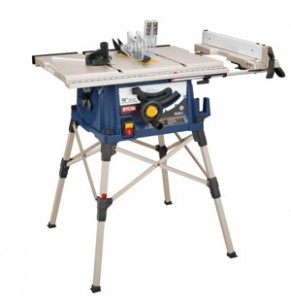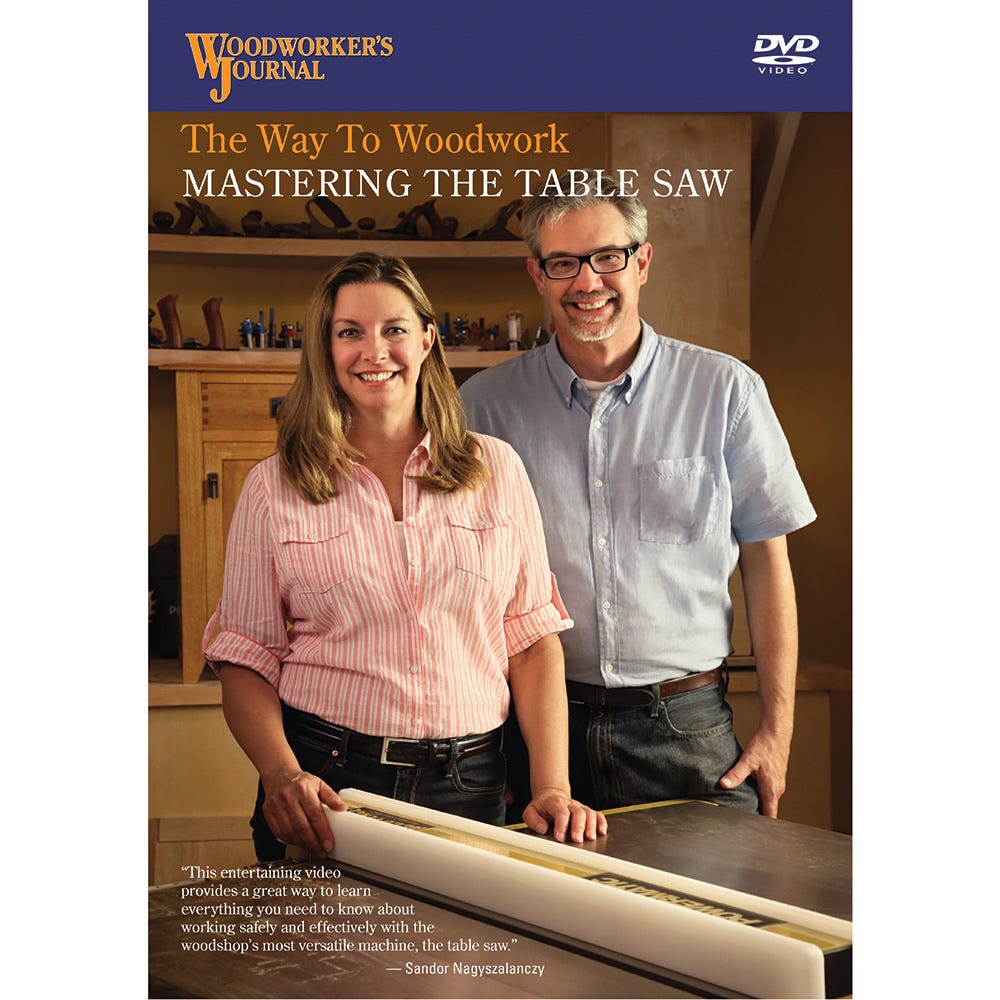We’ve previously brought you other news of pending table saw legislation; in recent news, a Chicago jury decided earlier this month in favor of table saw manufacturer Ryobi Tools, against a plaintiff who claimed he was injured by a defective saw.
 The plaintiff, Brandon Stollings, a carpenter who purchased a Ryobi BTS 20R1 a few days before the accident, claimed in the suit that the saw was defective because it did not include a SawStop sensing device or a European style riving knife. Additional lawsuits have been filed across the country with similar allegations, including a 2010 case decided in Boston in which the jury ruled in favor of the plaintiff, awarding over $1 million in damages.
The plaintiff, Brandon Stollings, a carpenter who purchased a Ryobi BTS 20R1 a few days before the accident, claimed in the suit that the saw was defective because it did not include a SawStop sensing device or a European style riving knife. Additional lawsuits have been filed across the country with similar allegations, including a 2010 case decided in Boston in which the jury ruled in favor of the plaintiff, awarding over $1 million in damages.
In many of these cases, SawStop inventor Stephen Gass, who created the sensing device that causes a saw to “brake” if it detects flesh rather than wood, has served as an expert witness. Stephen Gass’s petition to the federal Consumer Protection Safety Commission to require SawStop technology on all new table saws manufactured is still pending before that federal commission.
In the Ryobi case, the manufacturer contended that the cause of Stollings’s accident, which resulted in multiple amputations of fingers on his left hand, was his failure to read the manual, failure to use the blade guard, and failure to use the miter gauge when crosscutting a piece of laminate flooring “freehand,” when a kickback occurred.
The jury in the Chicago case ruled unanimously that the Ryobi table saw, which complied with Underwriters Laboratory 987 and other standards such as those from the Occupational Safety and Health Administration, was not negligently designed or unreasonably dangerous. In making this ruling after two days of deliberations, they did not address the question of the plaintiff’s conduct.







